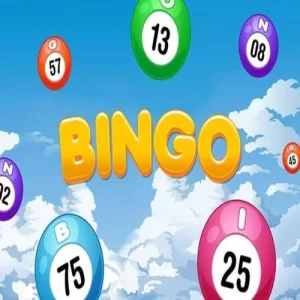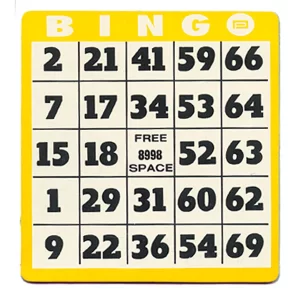A Beginner’s Guide to Playing Poker Online

Poker is an intricate game that requires patience and practice to master. Begin your journey by practicing on free games with a hands chart before trying your luck at real money poker games. Reading your opponents through their actions is key to successful play; start practicing now by starting off free!
Understanding luck and variance are vital to becoming a profitable player. By being selective when selectinging starting hands, limiting limits, refraining from bluffing, and understanding luck/variance equations you will increase the odds of becoming profitable in poker.
Rules
Online poker has grown increasingly popular as it rewards real skill rather than slots or the lottery, yet remains unpredictable and risky – thus, it is best to play for smaller stakes to limit any financial catastrophe.
Figuring out how to calculate odds accurately is central to playing successful poker. While this can be accomplished using a calculator, proper use may require some experience; one common error involves overcounting outs; for instance, one may think they have 13 chances for a flush but two of them contain identical cards.
One effective way to hone your poker skills is by watching high-stakes players. Experienced high-stakes players will often have specific routines they follow before entering battleground. Doing this can help de-stress them before beginning battleground action with clear minds.
Variants
The top poker sites provide players with access to an assortment of different poker variants. These variants differ in terms of how many cards are given to each player and distributed; formation rules; and how ranked hands are formed. Games like Badugi can stand out among their peers.
Your choice of poker variant should depend on your skill level, budget and experience. Newcomers to poker should begin with an accessible game offering a gentle learning curve like Texas Hold’em or Omaha; newcomers should limit themselves to playing limited hands at each table in order to protect their bankroll from loss while keeping a careful record of wins and losses and making adjustments accordingly – tracking wins/losses is key for online success along with understanding opponents as well as the subtle nuances of each game you are engaging in.
Betting intervals
Poker is a game of betting, so it is crucial that newcomers understand the various betting intervals available when playing online. A player may check, call, raise, fold or check at each betting interval; similarly, their left may do the same. Beginners should play tight when dealing with weak hands and aggressively when holding strong ones.
Reputable poker websites are essential to any player, and must offer user-friendly experiences with various game variations and secure deposit and withdrawal methods, in addition to offering bankroll management features and taking advantage of promotions or bonuses.
Limits
Locating the proper limits is essential to online poker success. Begin with games that fit within your bankroll before increasing the stakes as your skills advance – this allows for you to practice different strategies without risking too much money.
Limit games are ideal for newcomers to the game as they help prevent making costly errors that could end their careers prematurely. Furthermore, this betting structure makes calculating pot odds and implied odds much simpler.
As well as playing within your bankroll, it’s also important to understand and follow the unwritten rules and etiquette of online poker. Being respectful to fellow players while avoiding derogatory language will ensure a more enjoyable poker experience overall. Also important is finding a reputable room with low rake.
Bluffing
Bluffing is an integral component of poker strategy that must be included into every player’s repertoire. Bluffing allows you to exploit weak hands held by opponents, and combined with other strategies can maximize expected value and increase profits over time. Bluffing can be learned and refined over time.
An effective bluff requires selecting an ideal spot and bet size. Furthermore, your frequency of bluffing should correspond with that of your opponent’s call frequency; otherwise they could identify and exploit your patterns.
One way to improve your bluffing is to watch videos of top players playing online, but keep in mind that this does not offer the same experience as live poker games.








